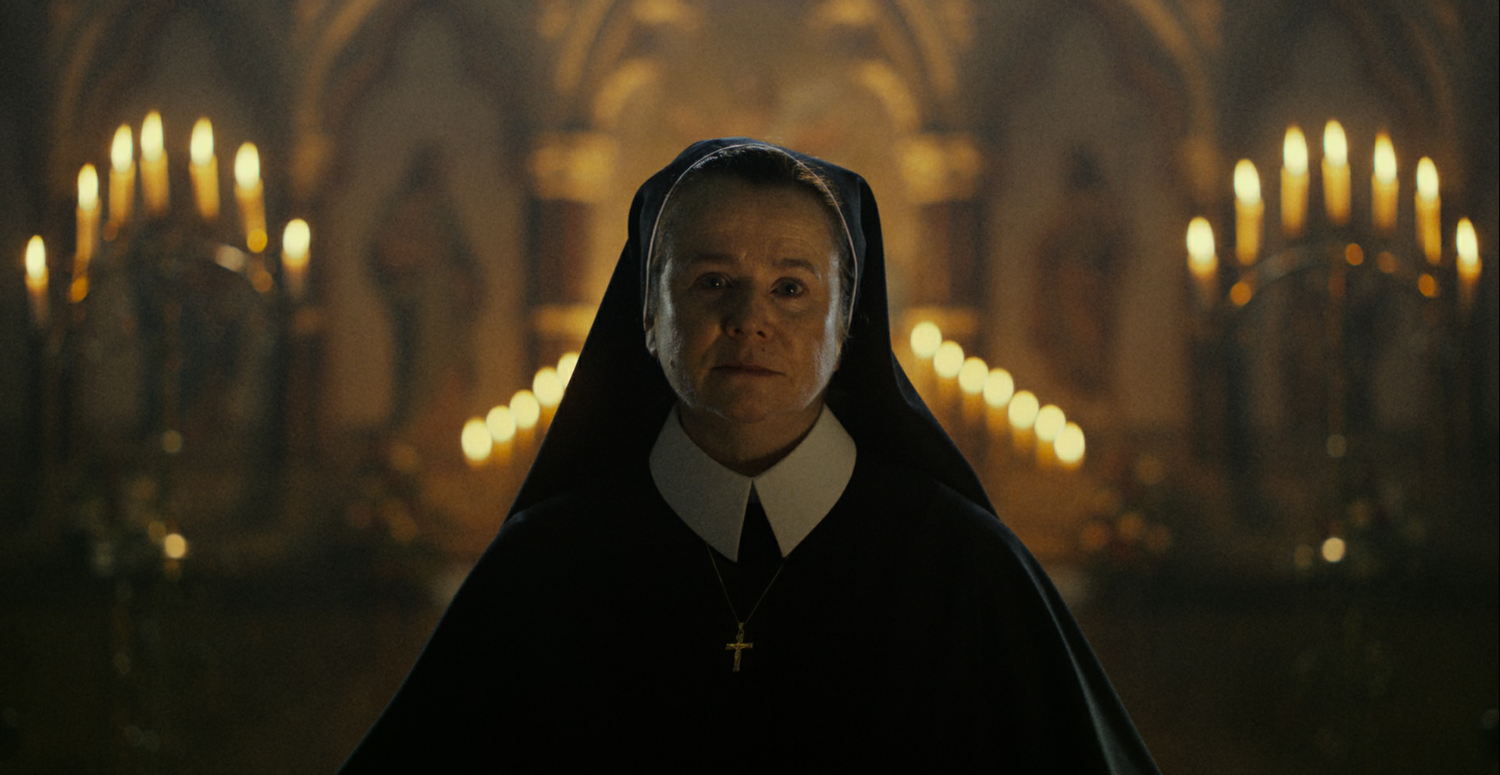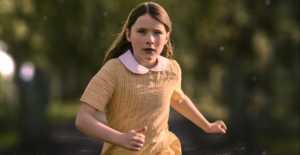Tu ne mentiras point
Small Things Like These
Best Supporting Performance – Berlin
Best Film – Ireland
Best Script – Ireland
Best Lead Actor – Ireland
Best Lead Actress – Ireland
2024/2025

FR EN
New Ross (Ros Mhic Thriúin), Comté de Wexford (Contae Loch Garman), Irlande (Éire), décembre 1985. Les festivités de Noël approchent à grands pas, mais Bill Furlong, charbonnier taciturne, n’est pas dans son assiette car il n’aime pas trop cette période de l’année. Surtout que quelques évènements qui n’augurent rien de bon chez l’un de ses gros clients, à savoir un couvent, viennent perturber cet homme déjà en proie à ses propres démons.
Inspiré de l’œuvre de l’autrice Claire Keegan, « Tu ne mentiras point » est un long-métrage essentiellement introspectif. Malgré l’apport de plusieurs thématiques historiques et sociales (notamment dans la deuxième moitié du film), le récit est en effet centré sur son personnage-titre (incarné avec profondeur par Cillian Murphy), autant dans sa première moitié qui fait office de portrait, que dans sa seconde qui met en lumière la prise de conscience de Bill sur certaines réalités gommées mais qui l’entourent pourtant.
Parce qu’à travers le développement de ce héros plutôt banal mais particulièrement meurtri, déprimé et fatigué – qui pourrait constituer une allégorie de l’Irlande de l’époque –, le film restitue et dénonce un tabou autour des ignominies commises au vu et au su de toutes et tous par les tenantes desdits Couvents de la Madeleine, où un nombre effrayant et incalculable de jeunes femmes isolées et/ou marginalisées ont souffert des pires conditions – allant du travail forcé à la torture parfois meurtrière.
Cependant, si « Tu ne mentiras point » se veut dénoncer cette abjecte omertà qui a tacitement permis ces horreurs, le long-métrage demeure avant tout porté par le personnage de Bill, dont les nombreux et lourds silences ainsi que les bribes de souvenirs tristes et amers ont réduit à peau de chagrin toute possibilité d’aller de l’avant et d’aller mieux, malgré l’espoir qu’incarnent son début de réussite économique et surtout ses cinq filles promises à une belle éducation. Bill symbolise ainsi l’histoire irlandaise, faite de troubles et de difficiles avancées – à l’instar des procès et de la fermeture si tardive de ces abominables institutions religieuses.
Axel Chevalier
New Ross (Ros Mhic Thriúin), Wexford County (Contae Loch Garman), Ireland (Éire), December 1985. Christmas festivities are just around the corner, but taciturn coalman Bill Furlong isn’t in the mood because he doesn’t really like this time of year. Especially when a few ominous incidents at one of his major customers, a convent, upset a man already plagued by his own demons.
Adapted from Claire Keegan’s novel “Small Things Like These” is primarily an introspective movie. Despite the inclusion of several historical and social themes (particularly in the second half of the film), the story is focused on its main character (played in the most profound way by Cillian Murphy), both in the first half, which serves as a portrait, and in the second half, which highlights Bill’s growing awareness of certain realities that have been glossed over but which nevertheless surround him.
Because through the development of this rather banal but particularly bruised, depressed and tired protagonist – who could represent an allegory of Ireland at the time – the film restores and denounces a taboo surrounding the shameful deeds committed in full view of the public by the members of the so-called Magdalene Convents, where a frightening and untold number of isolated and/or marginalized young women suffered the worst conditions – from forced labor to sometimes deadly torture.
However, while “Small Things Like These” aims to condemn the abject omertà that tacitly permitted these horrors, the film is above all driven by Bill’s character, whose many heavy silences and snatches of sad, bitter memories have crushed any possibility of moving forward and getting better, despite the hope embodied in his early economic success and, above all, his five daughters destined for a decent education. In this way, Bill symbolizes Irish history, made up of turmoil and difficult steps forward – like the trials and the belated closure of those appalling religious institutions.
Axel Chevalier

